Publications
Download any of these publications to support sanctuary success including samples and templates of animal care protocols and policies.
Featured Publications:
Information
GFAS has a constantly growing library of resources to help sanctuaries help animals. Email us if you have professional expertise that you'd be willing to share with sanctuaries.
Avian Influenza Information and Resources

Quick, actionable resources for sanctuaries housing birds on Highly Pathogenic Avian Influenza (HPAI). Sanctuaries MUST be prepared to increase biosecurity and may need to adapt intake, tour, and care protocols to protect their residents.
The Open Sanctuary Project's Care Program Evaluation Checklist
The Open Sanctuary Project's Care Program Evaluation Checklist is a comprehensive way to ensure that your sanctuary is providing excellent animal care. It is practical and easy to follow. The checklist recommendations are complementary to GFAS Standards and new and existing sanctuaries who follow these recommendations will be well positioned and prepared to begin the certification process.
The Open Sanctuary Project's Care Program Evaluation Checklist
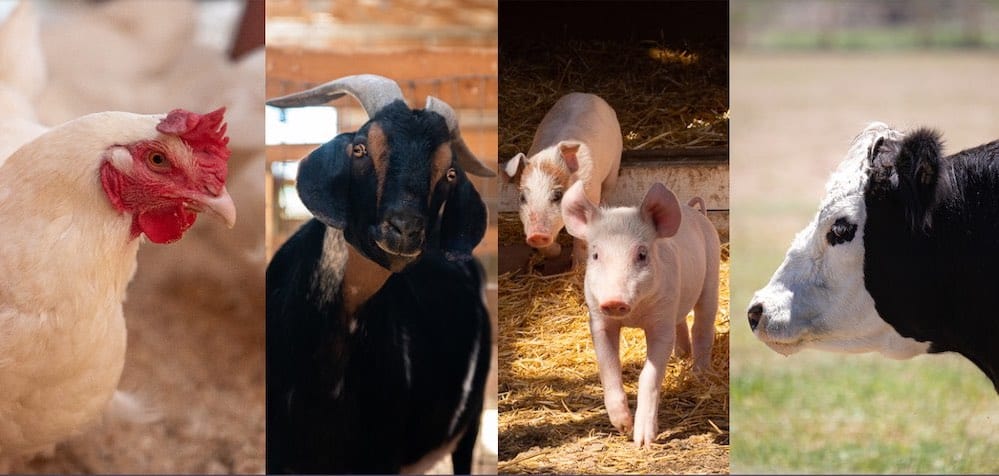
The publication 'Building Sustainable Sanctuaries' from Arcus Foundation provides an overview of the essential systems and tools that can help sanctuaries, including strategic and succession planning.

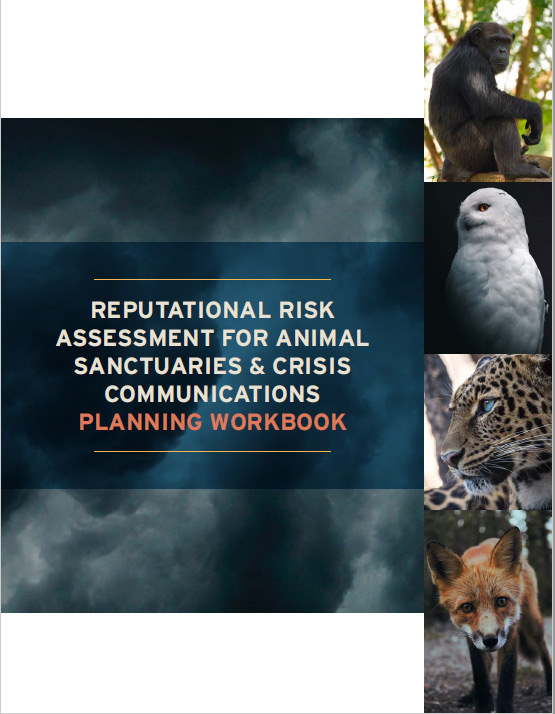
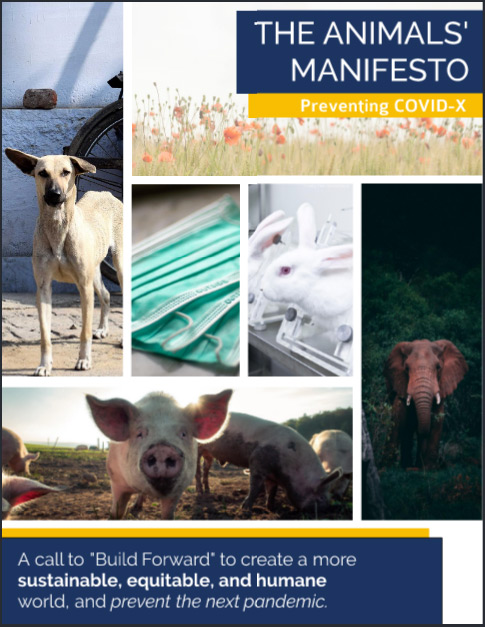
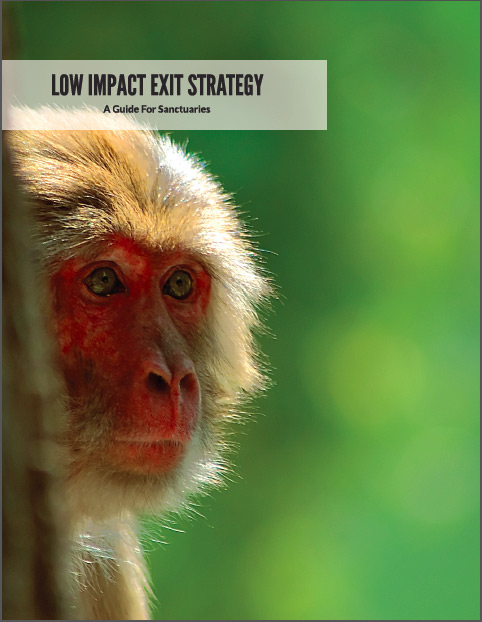
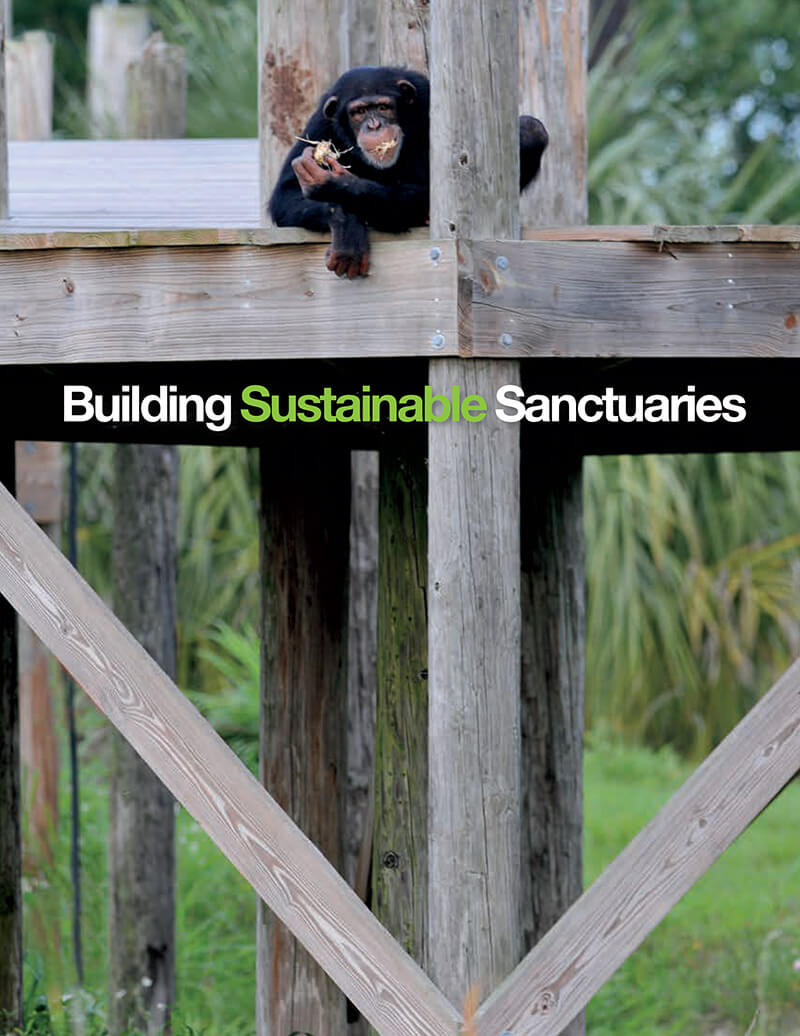
 Building Sustainable Sanctuaries (English)
Building Sustainable Sanctuaries (English)